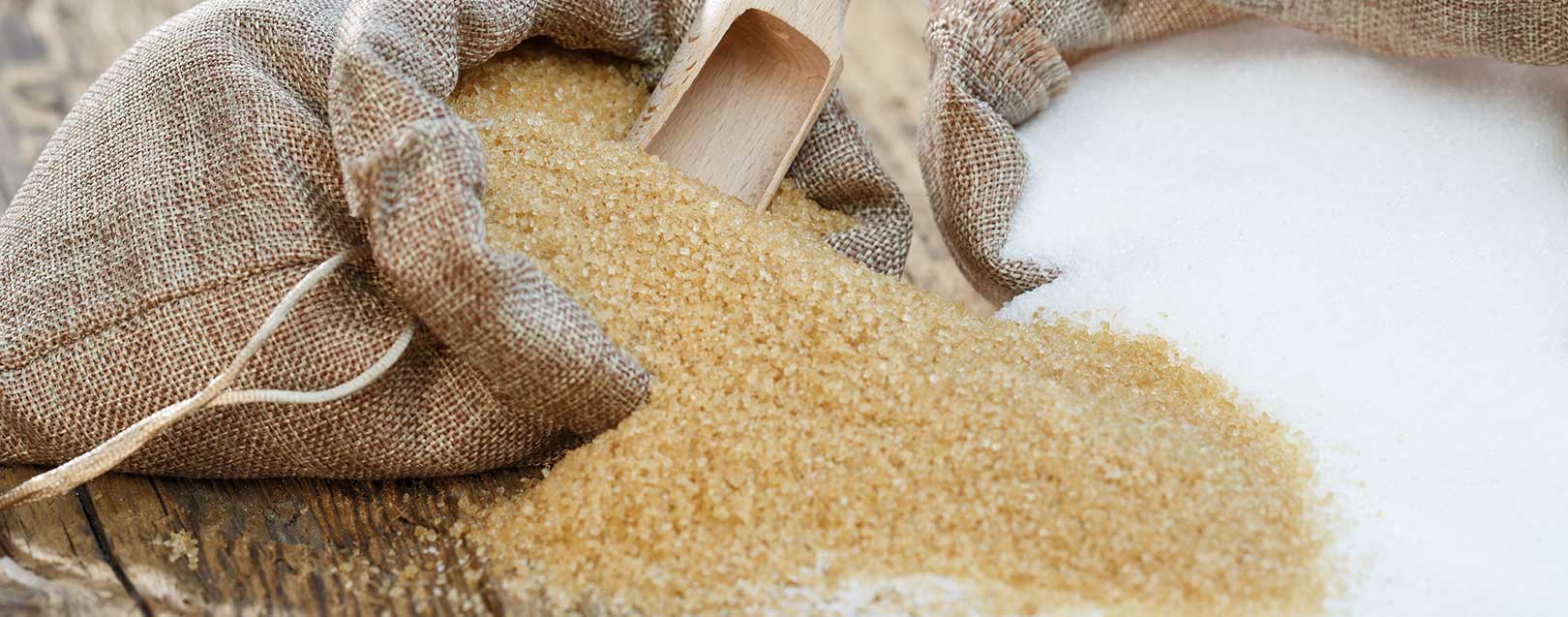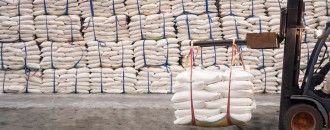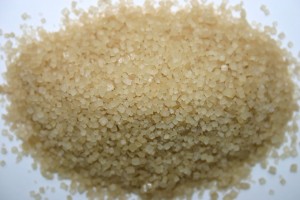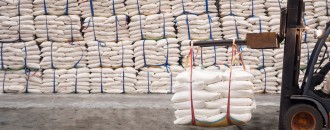
Govt scraps 20% export duty on sugar
The Dollar Business Bureau
The Government has removed the duty on sugar export in order to improve international sales of the sweetener and lift its local prices as the country is facing excess production of the commodity.
Currently, there is an export duty of 20% on raw sugar, white or refined.
“In order to promote exports with the objective of evacuating surplus stocks from the country, the Government has decided to remove customs duty on export of sugar from its current level of 20% to zero percent,” Ministry of Consumer affairs, Food and Public Distribution said in a statement.
“This will also help in maintaining demand and supply balance and thereby stabilising the domestic sugar prices in the country,” it added.
The impact of the decision on revenues is estimated Rs.75 crore per annum at present export volumes.
The decision is taken in a bid to export surplus sugar production in India for the marketing season 2017-18 and also prevent further downgrading of domestic sugar prices.
India is likely to have a record production of around 29.5 million tonnes of sugar in the season 2017-18, an increase of 45% over the previous year, pulling down domestic sugar prices by over 15% in the last six months.
The sugar season in India runs from October to September, but crushing of cane starts in December and continue till March and April.
The sugar industry in India had been asking to scrap export duty in order to help liquidate excess sugar stocks and to control the drop in prices in domestic market.
Industry body Indian Sugar Mills Association (ISMA) has revised its estimates of sugar production for 2017-18 to 29.5 million tonnes from its previous estimates of 26.1 million tonnes. The domestic consumption of the sweetener is expected to be around 25 million tonnes.
The industry body reported 25.81 million tonnes of sugar production as on March 15, 2018, a year-on-year increase of 47%.
In February, the Government has increased the customs duty on sugar imports to 100% and restricted its sale by sugar mills in order to control the falling prices. The move was to check the dumping of heavily subsidised sugar from countries like Pakistan and to protect the interests of farmers at a time when the country’s sugar production is estimated to exceed the consumption.






 to success.
to success.